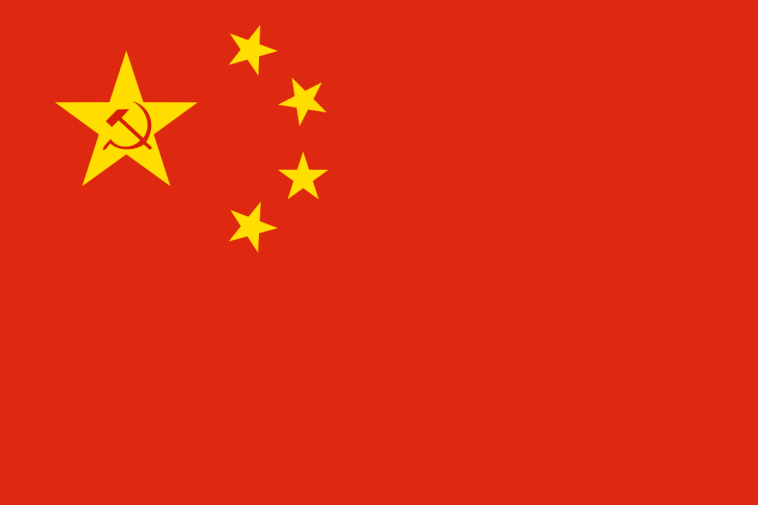To effectively rephrase and expand the given text about China, ensuring originality, simplicity, and a length of at least 2000 words, we will delve into various aspects of China, including its geography, political structure, history, culture, economy, and global influence.
Geography and Demographics
China, known as the People’s Republic of China (PRC), is a vast and populous nation situated in East Asia. This country holds the title of being the most populous in the world, with more than 1.35 billion residents. The vastness of China’s terrain encompasses a wide range of landscapes, from mountain ranges like the Himalayas to expansive deserts such as the Gobi.
The country is divided administratively into several regions. This includes 22 provinces, each with its own unique characteristics and cultural heritage. In addition to these provinces, China administers five autonomous regions, known for their ethnic diversity, and four municipalities that are directly controlled by the central government, including the bustling capital city of Beijing.
Political Structure
Politically, China is unique as it operates as a single-party state under the leadership of the Communist Party of China (CPC). This political system has been in place since the mid-20th century, and it plays a central role in all aspects of Chinese governance and societal organization.
Historical Background
China’s history is rich and complex, stretching back thousands of years. It is known for its ancient civilizations, which have made significant contributions to world history and culture. This includes the development of a writing system, advances in science and technology, and remarkable architectural achievements like the Great Wall.
Culture and Society
Chinese culture is one of the oldest and richest in the world. It is known for its traditional arts, including calligraphy, painting, and music. The country also has a long-standing tradition of literature, philosophy, and cuisine, which has evolved over centuries.
Festivals and traditions, such as the Chinese New Year and the Mid-Autumn Festival, are celebrated with enthusiasm and are integral to Chinese cultural identity. Furthermore, China is the birthplace of major philosophical systems like Confucianism, Taoism, and Buddhism, which have shaped not only China but also the wider Asian region.
Economic Overview
Economically, China has experienced rapid growth and development in recent decades. It has transformed from a largely agrarian society to an industrial powerhouse, becoming one of the world’s largest economies. This economic boom has been accompanied by technological advancements and significant urbanization.
China is a major player in global trade, known for its manufacturing and export of a wide range of goods. The country is also a key player in technology, infrastructure development, and renewable energy sectors.
Global Influence
On the international stage, China’s role is significant. It is involved in various global organizations and initiatives, and its economic and political decisions often have a worldwide impact. The country’s growing economic power and political influence have made it a key player in international affairs, shaping global politics and economics in the 21st century.
The Role of China in BRICS
In the international arena, China’s involvement in the BRICS coalition is a noteworthy aspect. BRICS is an acronym representing an association of five major emerging national economies: Brazil, Russia, India, China, and South Africa. Formed in the early 21st century, this group signifies a collaborative effort among these nations to foster economic development, political cooperation, and cultural exchange.
Significance of BRICS
BRICS countries are known for their significant influence on global affairs, especially in terms of economic growth and development. Collectively, these nations represent a substantial portion of the world’s population and its economic output. They are considered to be at the forefront of the emerging economies in the global landscape.
China’s Role in BRICS
As the most populous and economically powerful member of BRICS, China plays a pivotal role. Its rapid economic growth, large market, and increasing political influence make it a central figure within the group. China’s involvement in BRICS is seen as a strategic move to bolster its economic ties and political influence with other emerging economies.
Economic Initiatives
China has been instrumental in several BRICS initiatives, particularly in the realm of economic collaboration. This includes the establishment of the New Development Bank (NDB), aimed at funding infrastructure and sustainable development projects in BRICS countries and other emerging economies. China’s contribution to the bank is significant, reflecting its commitment to the group’s objectives.
Diplomatic and Cultural Exchange
Beyond economic aspects, BRICS also serves as a platform for diplomatic and cultural exchange among its members. China has been active in promoting cultural ties, educational exchanges, and diplomatic dialogues within the BRICS framework. These efforts are seen as a way to strengthen mutual understanding and cooperation among these diverse nations.
Global Impact
China’s involvement in BRICS underscores its strategy to diversify its partnerships beyond traditional Western alliances. Through BRICS, China seeks to promote a multipolar world order and reshape global governance structures, challenging the dominance of established Western-centric institutions.
Conclusion
In summary, China’s identity as the People’s Republic of China encapsulates a multitude of aspects. From its staggering population to its unique political system, rich history, diverse culture, and booming economy, China stands as a complex, multifaceted nation with a significant impact both regionally and globally.





